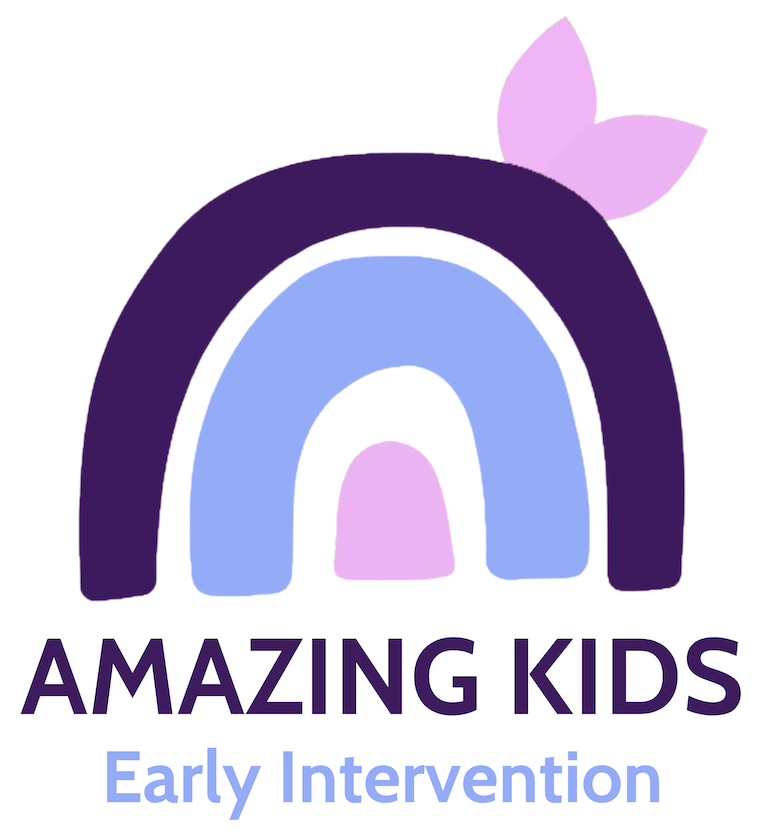Understanding the multifaceted world of autism, particularly in young children, requires a deep dive into their unique social interaction challenges. At the heart of our approach, we utilise the Early Start Denver Model (ESDM) to aid in the development of crucial communication and social skills. ESDM is a holistic, evidence-based program designed to foster these abilities in autistic children from a very young age. Our focus on personalised interventions ensures that each child’s specific needs are met, facilitating better integration within their environments.
Our team of specialists is dedicated to guiding young children through their early developmental stages using strategies tailored specifically to address the challenges typical of autism spectrum disorders. This includes creating structured yet flexible learning environments where these young learners can thrive. By fostering essential life skills from an early age, we pave the way for more effective communication and enhanced social interactions, both critical to the overall development and growth of autistic children. These foundational skills are vital for immediate improvements and lay the groundwork for long-term success.
Understanding Social Interaction Challenges in Autistic Children
Social interactions can be particularly challenging for autistic children, as they often struggle to interpret social cues, engage in reciprocal conversation, or understand the complex nuances of human behaviour. These challenges are present from a very early age and impact not only the child’s ability to communicate but also their capacity to form meaningful relationships. Recognising and addressing these hurdles early is critical in enhancing their overall developmental trajectory.
In our work, we see firsthand how these social challenges manifest —from difficulties in making eye contact to challenges with turn-taking in conversations. These aren’t merely behavioural issues but are deeply intertwined with how the child perceives and processes their environment. Key to our approach is creating a supportive and understanding atmosphere where these children can learn and practice social skills in a structured yet nurturing setting.
Key ESDM Strategies to Foster Social Skills
The Early Start Denver Model (ESDM) offers a comprehensive framework for addressing the social skills deficits typical in young autistic children. Through its application, we are equipped with a set of evidence-based practices that target the core areas of a child’s development. Here are some of the key ESDM strategies we employ:
1. Structured Play Sessions: We design play activities that involve turn-taking, sharing, and emotional recognition exercises. Each of these activities is carefully planned to ensure they are achievable yet challenging enough to stimulate progress.
2. Joint Attention Therapy: This technique is crucial as it teaches children to engage with others by following gazes, pointing, or sharing an experience. We use various toys and visual aids to attract the child’s focus and gradually guide them to share that focus with others.
3. Imitation Games: These games involve mimicking actions, sounds, or words. They are significant for developing motor skills, understanding cause and effect, and building a pathway to more complex social interactions.
4. Social Stories: To help children understand and navigate various social interactions, we use storytelling as a tool. These stories map out social situations, highlight potential outcomes, and provide a guided framework for behaviour.
Through these strategies, we aim not just to teach but also to integrate these skills into the children’s daily routines, making each interaction an opportunity for learning and development.
Practical Activities to Encourage Interaction
Incorporating practical activities that promote interaction is a key component of our ESDM implementation. These activities are specifically designed to encourage young autistic children to engage meaningfully with their peers and caregivers. For instance, we often use joint play sessions that include shared toys and games. These are structured to require back-and-forth interaction, which naturally develops the child’s ability to take turns and understand the flow of social exchanges.
Furthermore, we integrate activities such as storytime where children and therapists act out narratives using visual aids and simple props. This not only captures the interest of the child but also enhances their understanding of social cues and contexts. By participating in these dynamic and interactive settings, the children learn crucial social skills in a natural, playful environment that matches their developmental stage.
Monitoring Progress and Adjusting Techniques
Monitoring each child’s progress is crucial for the ongoing success of our ESDM strategies. We conduct regular assessments to ensure that the interventions are meeting the intended social and communication goals. These evaluations help us identify not just advancements but also any areas where adjustments are necessary.
To keep track of progress, we use detailed observation and reporting tools that provide insights into how the child interacts within different settings, both during structured activities and natural play. This information allows us to fine-tune our approaches, ensuring that they are as effective as possible. Tailoring our techniques based on direct feedback and observed outcomes ensures that we continually meet the evolving needs of each child.
Conclusion
At our centre, our commitment to using the Early Start Denver Model is about adapting our strategies to fit every child’s unique needs. Our focused approach to communication and social interaction skills through practical activities ensures that every child has the best chance to thrive. We understand that every small step for a child with autism is a giant leap towards a more independent and engaging life.
Our dedicated team is always here to discuss how our tailored ESDM strategies can benefit your child. Whether you’re just beginning to explore autism intervention options or you’re seeking a more structured program, we’re here to support your family every step of the way. Reach out to Amazing Kids today to find out how we can assist in your child’s development journey.
